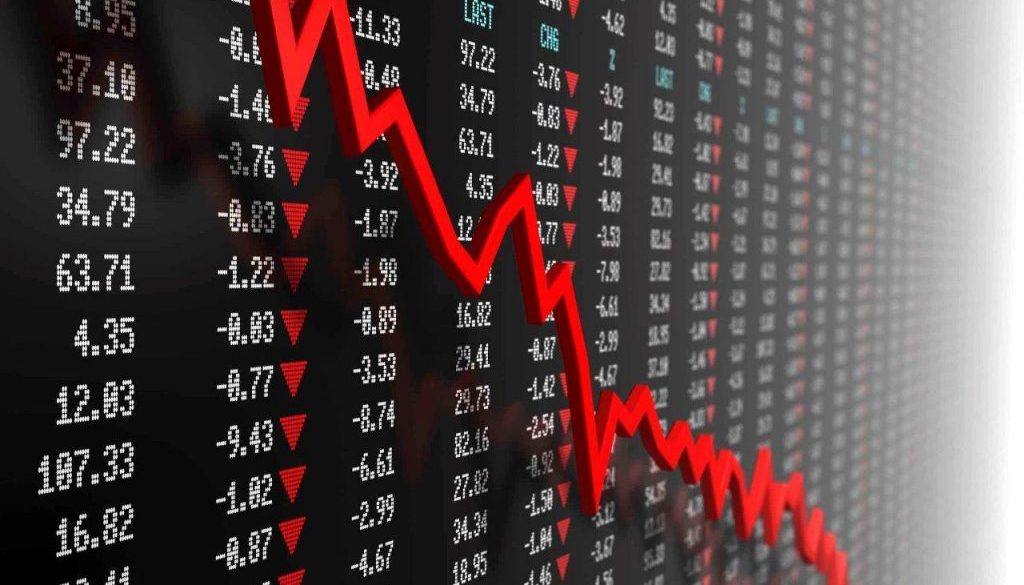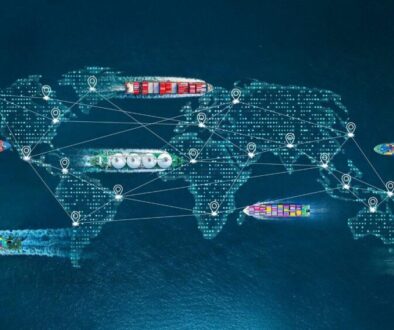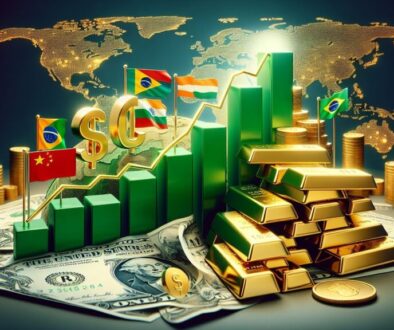Credit conditions are worsening, as the disruptions caused by the coronavirus outbreak are pushing the global economy into a deep recession and recovery remains uncertain.
“Extended coronavirus-containment measures are pushing the world into the deepest recession since the Great Depression,” S&P said in a report.
“Although we expect the drop in economic activity to be sharp but fairly short, the path to recovery remains very uncertain in its timing and trajectory, until an effective treatment or vaccine are in place,” the report added.
The ratings agency now expects global gross domestic product (GDP) to shrink 2.3 percent this year, far worse than the March estimate of 0.4 percent. Except for China, many major economies would be hit worst in April to June.
Slow recovery is anticipated through the second half of the year before gathering strength into 2021.
Effect on ratings
According to S&P, in any deep recession or credit crunch, the effect on ratings is more pronounced on lower-rated issuers.
These issuers generally have weaker business characteristics, higher leverage entering the crisis, less financial flexibility and less liquidity to deal with the crisis.
The shape of the recovery will differ significantly by industry. S&P has weaker key assumptions for next year and potentially beyond for the following sectors:
• traditional retailers, retail real estate, movie theater owners
• airlines, hotels
• autos, discretionary consumer goods
• midstream, oil services
Banks are resilient but not immune according to the report.
“Banks entered the crisis with strong balance sheets and are generally expected to show resilience, but they aren’t immune to the longer-term economic implications,” S&P said.
For insurers, capital is king. Insurers with thinner capital buffers and those more exposed to financial-market volatility have accounted for most of the negative rating actions in the past two months, the report said.
“In aggregate, we continue to expect insurance claims to be manageable and future downside pressure will stem from a prolonged macro-economic recovery, even lower for even longer interest rates, outsized exposures to spec-grade and ‘BBB’ rated bonds and any further financial market deterioration,” S&P said.
Severe shock in emerging markets
In emerging markets, social-distancing measures, combined with extended lockdowns in developed economies, are deepening the economic shock.
According to the report, risk aversion triggered unprecedented capital outflows, tightened financing conditions and pressured currencies.
“Risks remain firmly on the downside; longer lockdowns could severely hurt household income, corporate liquidity and banks’ asset quality,” S&P said.



